Historic harvest opens way for agricultural production
Having been assigned to the fields, the people "rolled up their sleeves" and started production with enthusiasm, working day and night. And then the land did not disappoint them, the 1977 crop in Doan Xa had an unprecedentedly large harvest. The rice yield jumped from 25-30 quintals/ha to over 40 quintals/ha. Some households had even higher yields. The cooperative's granaries were full, ensuring that their obligations to the State were met. And most importantly, the granaries of each household were also full.
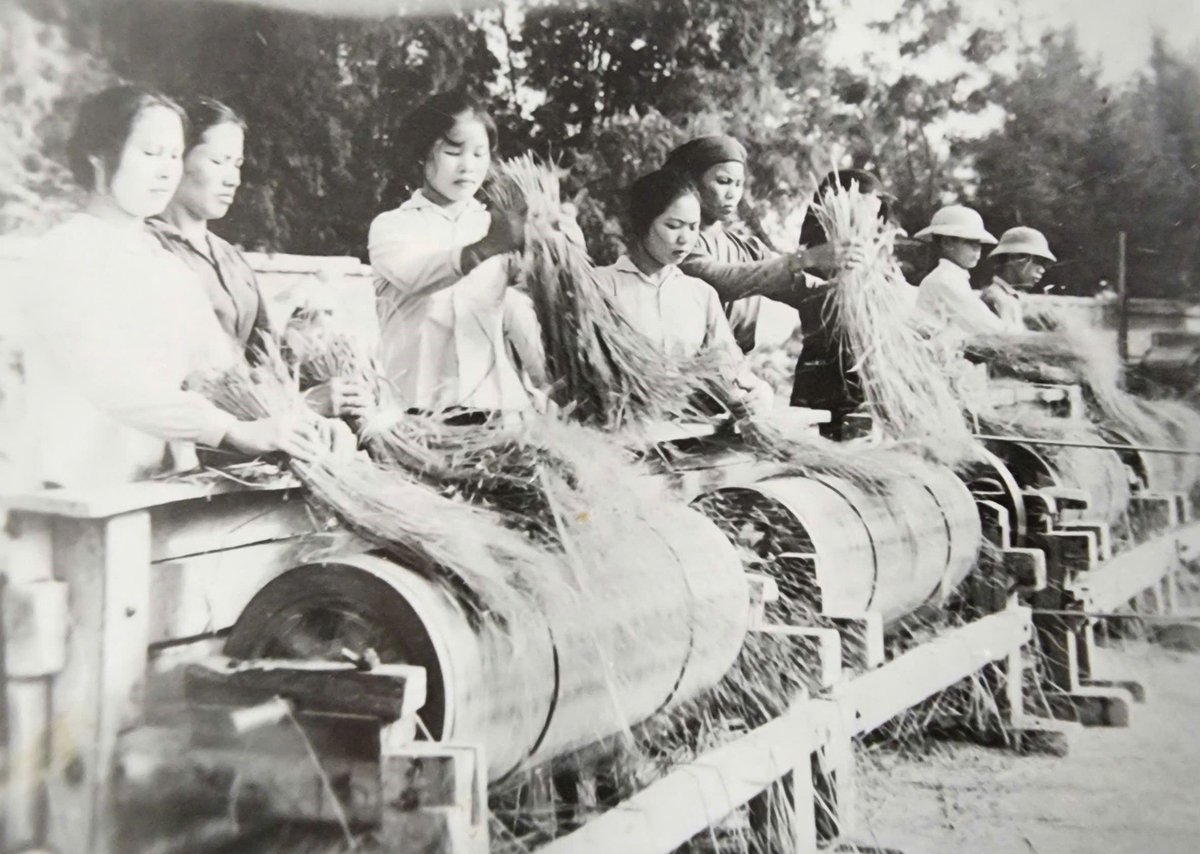
Under the contract, the stages of land preparation, irrigation, seeds, and plant protection are still undertaken by the cooperative to maintain the collective orientation. For the rest, from planting, caring to harvesting, farmers have full autonomy. Photo: Document.
For the first time in many years, the people of Doan Xa had enough to eat, and laughter returned to their faces that had only been marked with worries. Meals no longer had to be mixed with potatoes or cassava. Tet came, and children had new clothes. The good news spread far and wide, and with that, rumors and questions about the legality of the policy's implementation also began to appear.
Inspection teams from the district and the city came to work one after another. The atmosphere in the commune became tense again. Mr. Thuong and his comrades in the Party Committee and the Executive Board of Doan Xa Cooperative at that time had to stand up to explain and defend their actions.
They used the numbers themselves, the full bags of rice, to prove the effectiveness of the model. They did not argue with empty theories, but with vivid, convincing practice. “We worked and trembled, but still had to firmly defend it,” Mr. Thuong said.
Fortunately, among the superior leaders, there were also comrades with innovative thinking, daring to look straight at the truth, respecting reality. As luck would have it, at that time An Thuy district (old) was split. The Secretary of Do Son District Party Committee at that time, Mr. Nguyen Dinh Nhien, after listening to Mr. Thuong's presentation, went to Doan Xa to inspect the field, comparing the contracted fields with the image of lush rice flowers and the sparse, low-yielding fields due to lack of dedicated care.
Convinced by the reality, Mr. Nhien directly reported to Mr. Bui Quang Tao, Secretary of the City Party Committee and Mr. Doan Duy Thanh, Deputy Secretary of the City Party Committee, Chairman of the Hai Phong City People's Committee. Mr. Doan Duy Thanh personally went to Doan Xa, wore a hat, waded in the fields with the farmers. Witnessing the obvious results, Mr. Thanh happily agreed to let Do Son district be the city's pilot. It was also Mr. Thanh who spoke up for Mr. Thuong in the Party Committee meeting: "In the end, the purpose of our Party is to make people prosperous, thanks to that, Mr. Thuong was exempted from discipline.
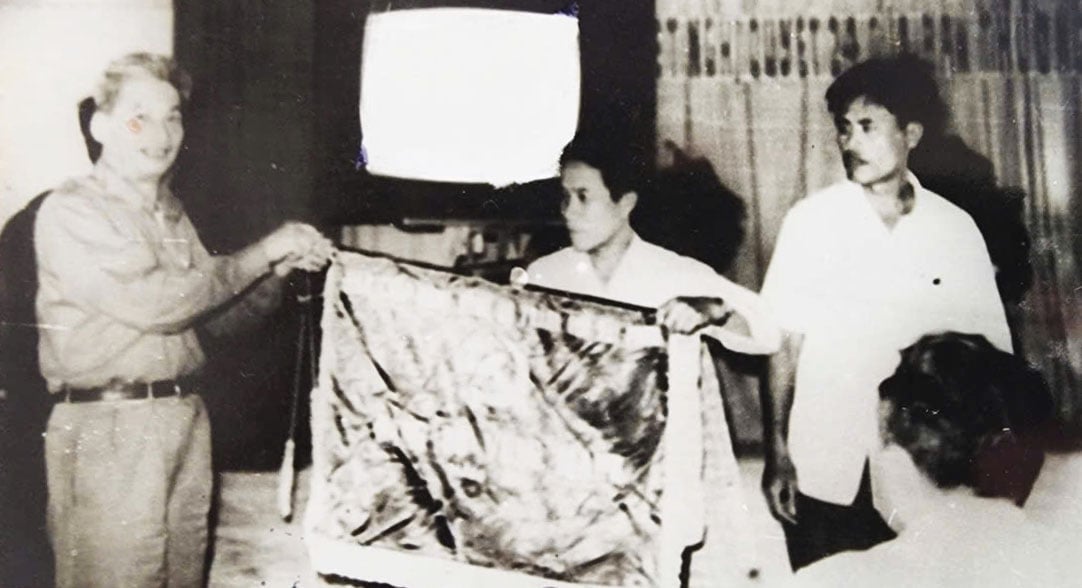
Mr. Bui Quang Tao - Secretary of Hai Phong City Party Committee - presented the Strong and Clean Party Committee flag to Doan Xa Commune Party Committee at the ceremony to summarize Directive 100 of the Central Committee and Resolution No. 24 of the City Party Committee. Photo: Document.
In particular, the story of “product contracting” reached the ears of journalists. Many people traveled to Doan Xa, lived with the people, and thoroughly learned the story. A series of reports about him created a big echo across the country, contributing to creating in-depth discussions in society and among leaders about the direction of development.
And then, the turning point came. From the bold "product contracting" practices in Doan Xa, Kien Thuy, within just 4 months (from March to August 1980), Do Son District Party Committee pioneered Resolution 05 in June 1980 to implement product contracting to 50% of the entire district's area. Immediately after that, in July 1980, the Standing Committee of Hai Phong City Party Committee issued Resolution 24 on Strengthening the management of agricultural cooperatives in Hai Phong, contracting 100% of the area throughout the city, right before the implementation of the 1980 winter-spring crop.
Seeing that Hai Phong had issued such a strong resolution, the Central Government and then the provinces began to visit Doan Xa to visit and learn. The Ministry of Agriculture, then headed by Minister Nguyen Ngoc Triu, went to the commune, lived with the Doan Xa people to evaluate and strongly support. The Central Economic Committee, with Mr. Le Nhat Quang and then Mr. Vo Duc Huy, also sent a working group to Doan Xa to investigate and learn. The Central leaders directly listened and witnessed the practical effectiveness, thereby recognizing the benefits of this form of contract.
Still intact value
The story of the Doan Xa contract, together with the model of Secretary Kim Ngoc in Vinh Phuc before, became the first sparks, signaling a fundamental change in the economic thinking of the whole country. These vivid practices have provided a valuable basis, contributing to summarizing practical experiences for our Party to plan its policies.
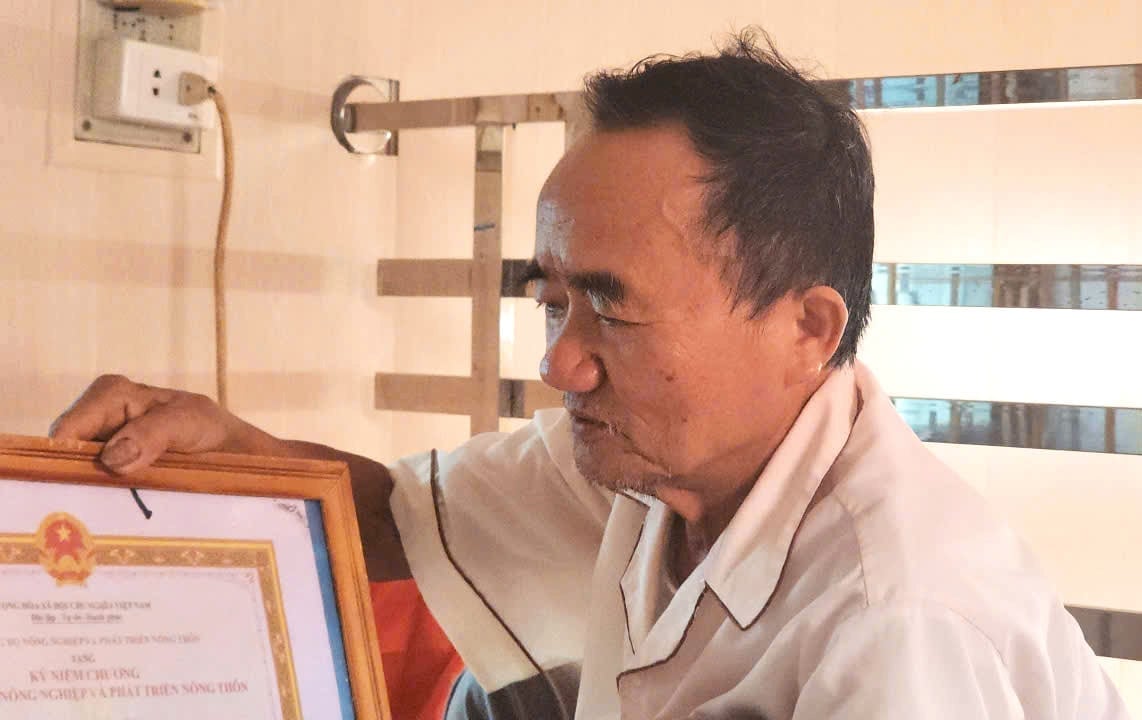
Mr. Pham Hong Thuong looked through the commemorative medals of the Ministry of Agriculture and Rural Development (now the Ministry of Agriculture and Environment) and the certificates of merit as a recognition from the Party and State for himself as well as the cadres, party members and people of Doan Xa commune (old). Photo: Dinh Muoi.
Thanks to the valuable practical summaries from Doan Xa, Vinh Phuc and many other localities, the Central Party Secretariat issued Directive 100 on Implementing product contracting in agriculture nationwide on January 3, 1981. Then, in 1988, the Politburo issued Resolution 10 on Innovation in Agricultural Economic Management - historic resolutions of the Party, marking a fundamental turning point in agricultural management policy.
The Doi Moi policy was like a breath of life, breaking down all barriers, completely liberating production capacity, bringing agricultural productivity and output to a strong breakthrough, firmly ensuring food security. Doan Xa's rice productivity reached 5 tons/ha in 1981 and was later awarded the 3rd class Labor Medal. In the whole city, rice productivity increased from 63.3 quintals/ha in 1983 to over 6 tons/ha, food output reached nearly 300,000 tons.
In the late 1980s, the average rice yield of the whole city reached 62-65 quintals/ha, and reached over 83 quintals/ha in 1993-1994. The amount of food mobilized by the State reached over 100,000 tons, an increase of 3-4 times compared to previous years. This was an important premise, creating momentum for a brilliant era of development of Hai Phong and the whole country's agriculture, laying a solid foundation for future achievements.
Returning to the present, Vietnam’s agricultural sector is facing new opportunities and challenges. These include the 4.0 industrial revolution, climate change, and the need for green, sustainable agriculture. However, the lessons from the story of “product contracting” in Doan Xa, and the entire development process of Hai Phong agriculture, remain valuable, and are a vivid testament to the revolutionary spirit and wise leadership of the Party.
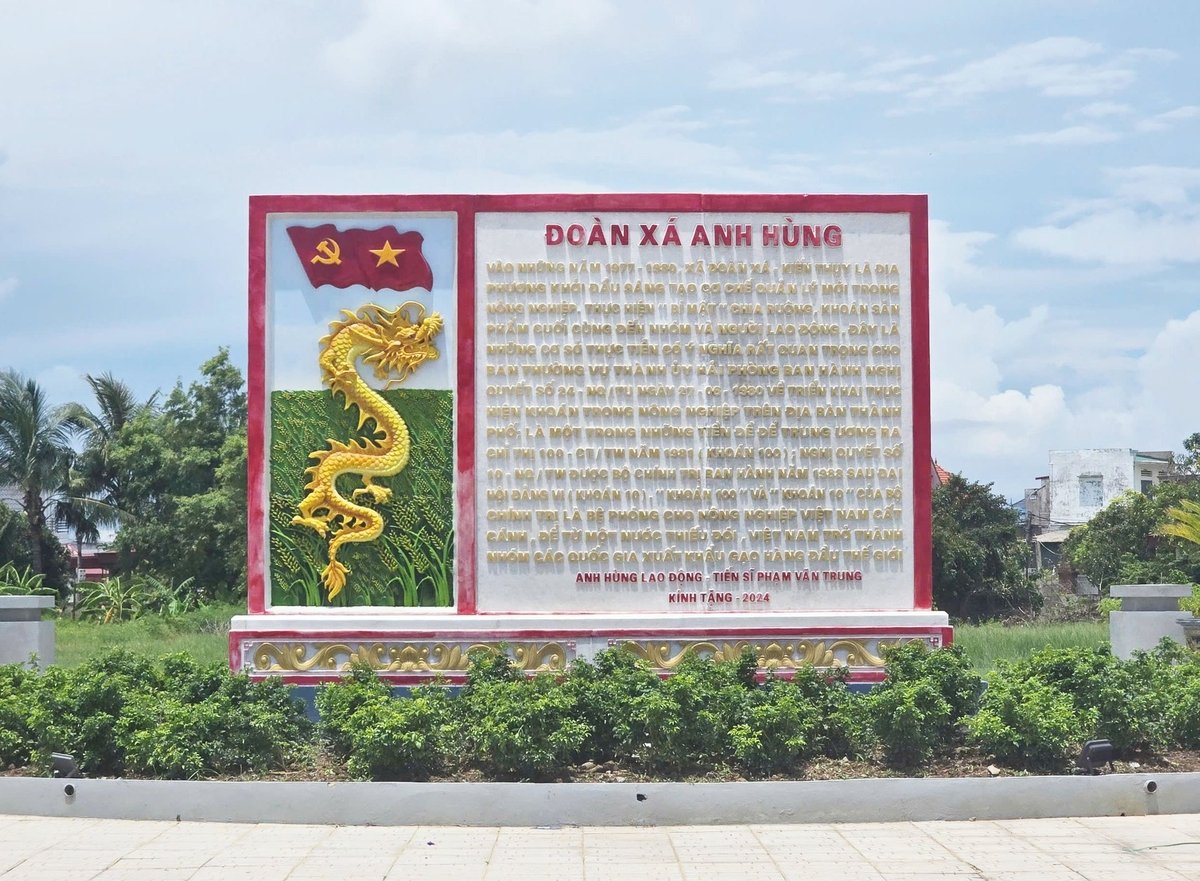
The stele recognizing the contributions of cadres, party members and people of Doan Xa commune in the cause of building and defending the Fatherland was erected by the people during the process of building new rural areas. Photo: Dinh Muoi.
That is a lesson about always respecting reality, starting from reality. All policies and strategies must take the lives and interests of the people as the highest measure. As Secretary of Do Son District Party Committee Nguyen Dinh Nhien once concluded: "All answers to life are available at the grassroots. The Party and its organizations must be close to the grassroots to grasp these realities, learn from experience to come up with the right policies for the people to implement."
And this is also a lesson about the courage and responsibility of cadres, daring to innovate for the common good, daring to break through to find a path of development. And above all, it is a lesson about the endless strength of the people. When trusted and empowered, Vietnamese farmers, with their intelligence, diligence and creativity, can do miracles.
Affirming the vitality of this historical story, Mr. Nguyen Van Quyet - Vice Chairman of Kien Hung Commune People's Committee, Hai Phong City - said that the story of "product contracting" and Mr. Pham Hong Thuong still has its value and has been included in the history of the Party Committee of the commune. Recognizing the contributions to agricultural production, recently, many working groups, especially from the Ho Chi Minh National Academy of Politics, have come to the locality to learn, research and listen to Mr. Pham Hong Thuong share his experiences.
"Mr. Pham Hong Thuong and the fire of innovation from Doan Xa is still a profound and vivid practical lesson for today's and future generations in the locality. We highly appreciate that and are continuing with specific work in developing the local economy and society in accordance with the Party's leadership and the State's legal policies," Mr. Nguyen Van Quyet shared.
Source: https://nongnghiepmoitruong.vn/nguoi-xe-rao-cho-nong-nghiep-dat-cang-bai-2-ven-nguyen-gia-tri-tu-manh-dat-doan-xa-d783237.html




















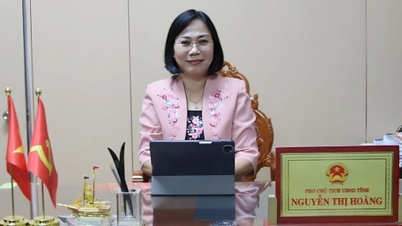

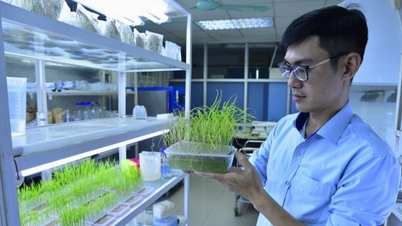
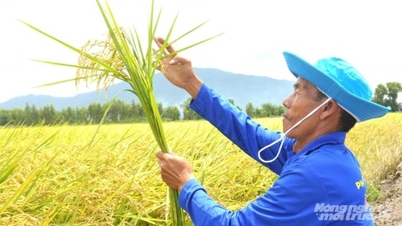

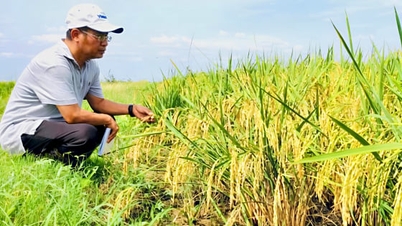




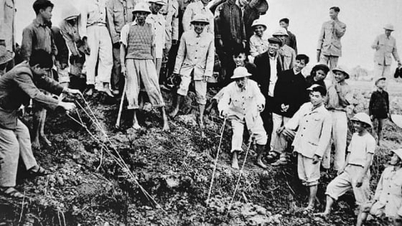


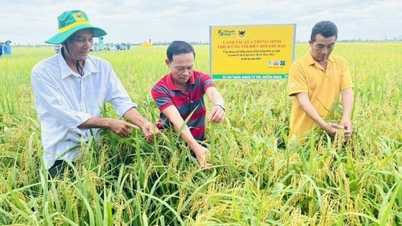
![Dong Nai OCOP transition: [Part 2] Opening new distribution channel](https://vphoto.vietnam.vn/thumb/402x226/vietnam/resource/IMAGE/2025/11/09/1762655780766_4613-anh-1_20240803100041-nongnghiep-154608.jpeg)
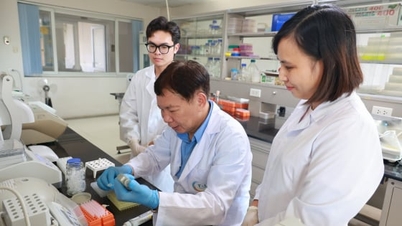











































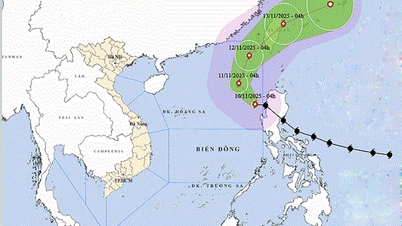



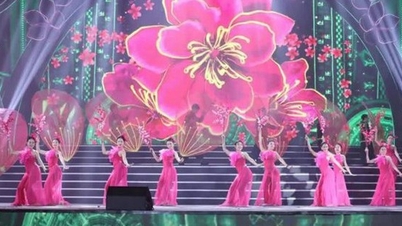

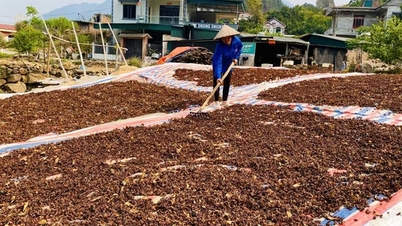
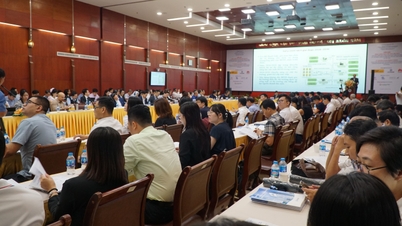






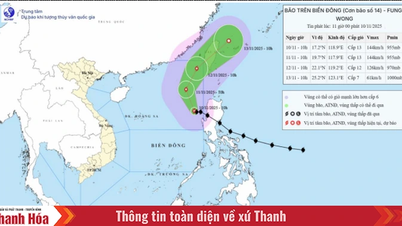



![Dong Nai OCOP transition: [Article 3] Linking tourism with OCOP product consumption](https://vphoto.vietnam.vn/thumb/402x226/vietnam/resource/IMAGE/2025/11/10/1762739199309_1324-2740-7_n-162543_981.jpeg)












Comment (0)